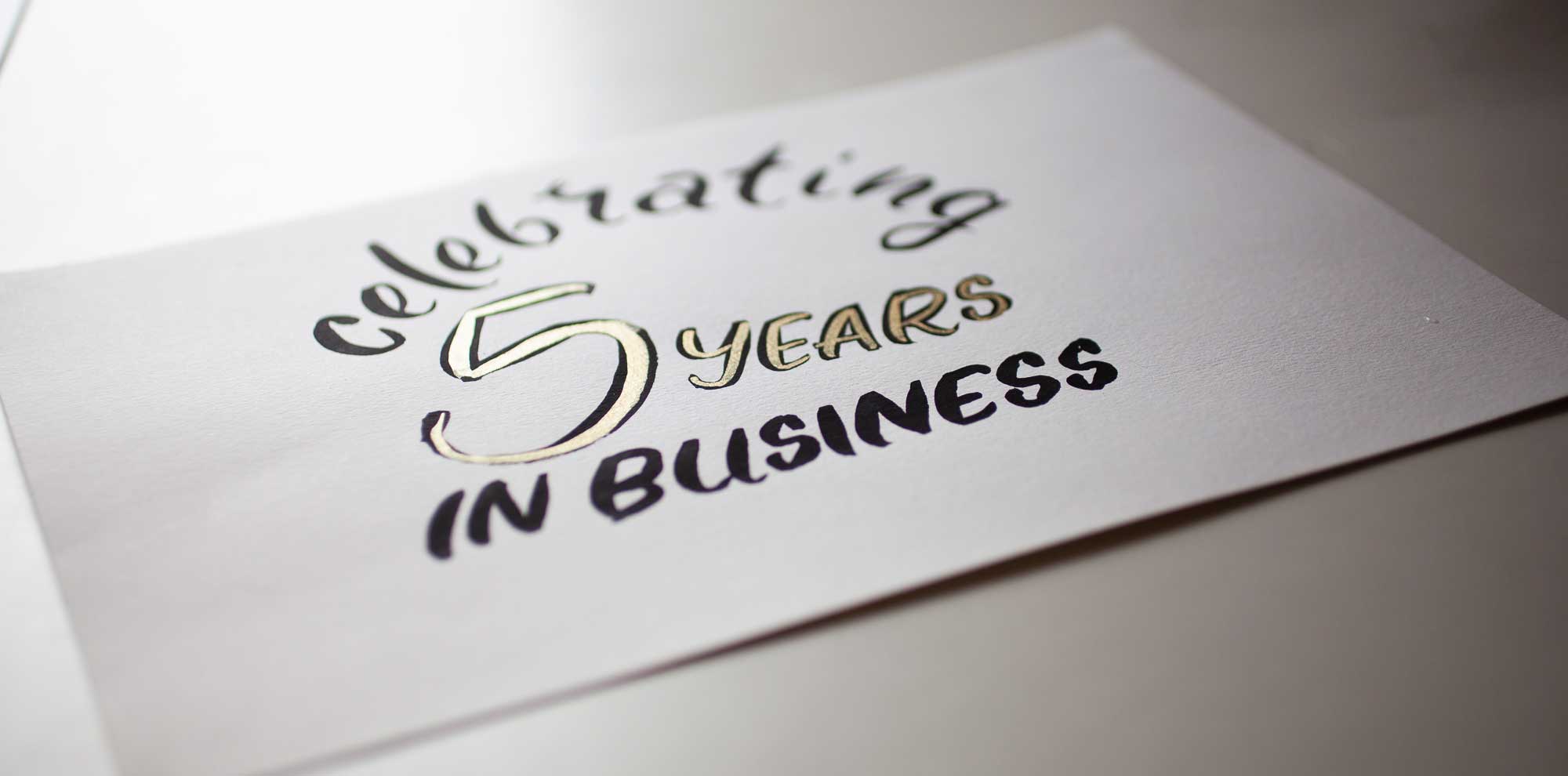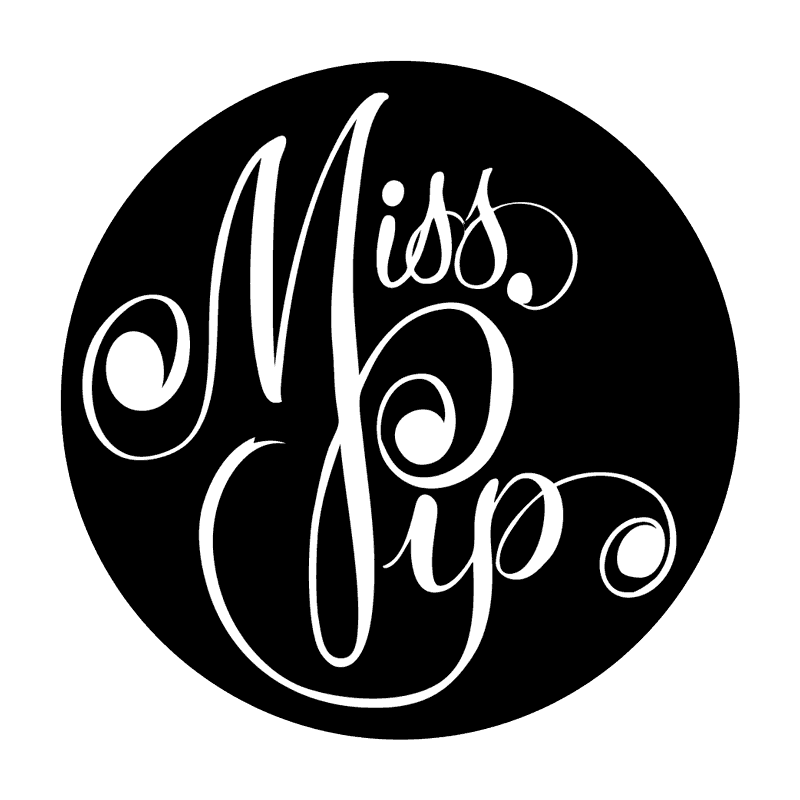
5 business lessons from a non-business person in business for 5 years
This year I celebrated 5 years officially running my own show *full time* as a largely independent designer working with brands to tell impactful and compelling visual stories. In my mind, this is a milestone worth giving myself a pat on the back for, so here I am, doing that. Thanks for joining me. *clinks whiskey glass*
The last 5 years have been a rollercoaster, in truth. Both freeing and incredibly challenging. I didn’t set out on this path with a plan in mind, quite the opposite. Starting my own business wasn’t on my radar to my memory, and if it was it was more a fanciful dream in a very, very distant (and hazy) future. I don’t have a business degree, nor do I have entrepreneurial roots.
As a fresh faced designer with a newly minted degree (two actually), I had more immediate dreams of working in agencies and studios (photography or design, ideally both) before working my way up to more high end design (whatever that is…). And so I did that for a while, until I didn’t.
So, dear reader, if you find yourself in similar shoes, or you’ve just begun your journey, here are 5 business lessons from a non-business person in business for 5 years:
1. You don’t need to have all the answers
Nobody knows what they are doing. Maybe there are some out there who do, and that’s great, but I am led to believe that the majority of people have no idea what they are doing if they are really being honest. We aren’t born with a map or a way to navigate through life or business, and, as every life/business is different, one person’s map is not going to necessarily be right for you.
Learning on the fly, sitting in some discomfort and overcoming challenges is arguably far more important and a real skill to develop. So is asking for help, and learning to discern good advice from bad.
The truth is that you won’t stop learning.
2. Get some financial literacy under your belt and pay yourself first
Money is that thing you exchange for your time and energy. Business is as much about money as it is about the product or service you offer. So many people like to write themselves off as ‘just not good with money’, or ‘maths was never my thing’, but this perpetuates a head in the sand mentality. I am fortunate to have a bit of a thing for maths (at one point I thought I would be a maths teacher), but my financial literacy when it came to running a business was lacking.
There are many resources out there that can help, from books to podcasts to professionals who can help educate you, and libraries are a great place to start as you can access the first two for free!
Somewhere along my business journey I heard ‘pay yourself first’, and for a long time this idea sounded entirely selfish to me. How do you pay yourself first when there are staff, taxes and superannuation, bills and general daily living expenses that need to be addressed? The penny dropped after listening to Money School by Lacey Filipich. This mantra does not mean that you pretend your bills don’t exist and take all the money just for you, instead it asks you to think about a realistic percentage that you can save each and every time money comes in. It doesn’t have to be big. Maybe that’s 5% or even just 1%. Put it away every. time. you. get. paid. In fact, automate it so you don’t even have to think about it.
3. If you’re working solo, consider (strongly+++) a co-working space
Thanks to COVID, more people and businesses are now enjoying more freedom — and less stigma — associated with working from home, and I won’t argue that working from home has some real and obvious advantages. But as a solo person, my experience working from home is that it can be incredibly isolating and unless you are constantly attending networking events and getting speaking gigs, you will have limited visibility as a business.
I had been working remote for years prior to COVID making work from home a real and accepted way to work. So to go from having little visibility in the city I worked from, to now running my own show from home was dreadful. No-one knew I existed. Worse, I had no social interaction and my mental health suffered.
The day I started working from a co-working space was the day that I felt like I was legitimate. Sure, it’s a mental thing on some level, but the benefits were huge: I had more structure to my working day, including the ability to ‘leave work’ at the end of the day, I enjoyed being around like-minded people in similar and contrasting professions, I formed many friendships and had way more visibility as a business, with people getting to know who I was and what I did that often organically turning into business relationships. Because it’s easier to work with someone you know and trust.
4. Get yourself some accountability buddies
In business — and life, let’s be real — there is nothing quite like a deadline to get something done. But what about those business development tasks that have no real deadlines driving them forward? Who are you accountable to as a solo operator? It’s so easy to have goals and do nothing about them when it is just yourself that holds you accountable to that.
I’ve written an article on goal setting and the need to have good people around you to help keep you in check and accountable to your goals, which you can read here. Essentially, an accountability buddy is someone you respect and trust to openly sharing goals and pain points to get some feedback on. Ideally this is someone who has some business background, but an honest friend, who will be willing to hold you to account if you have not done something, is better than nothing.
There are also professionals out there, such as business and life coaches that do the same sort of thing. I currently use both as I need all the help I can get!
5. Keep the passion burning with your own projects
As a creative, I got into the field for a multitude of reasons, but overarchingly it is because I enjoy being creative and the act of creating, in all its forms. For me, it is the perfect blend of using my analytical brain with my creative brain – strategy, critical thinking and problem solving meets expression and colour. It may seem odd then that after a while I stopped doing my own creative projects, prioritising my commercial projects.
Because they paid the bills.
Something got lost when that was the sole focus. I justified it as ok because I was ‘still doing creative’ with my paid work. But the metrics and feeling of being creative for a client versus oneself is very different. It’s way more serious where money is involved. And too much serious makes Johnie a dull human.
I’ve rekindled my practice of creativity for my own sake, attending life drawing classes and picking up the paint brush to practise hand lettering again. These don’t need to be big projects, just something you enjoy that can bring back the fun, passion and play back again.
An extra point for the road – Take time to switch off completely
Running any business can be all consuming and exhausting. So many moving parts to juggle, mountains of to-dos, people, projects and budgets to manage etc. Time off is not only healthy, but absolutely necessary. It’s so easy to constantly be ‘on’ when you are (or in) the business. I’m still working on my own headspace around this, but as my business coach says, “if you can’t fully switch off, how can you fully be on?” That’s Newton’s third law right there, and you can’t argue with physics!
Do any of these points resonate? Let me know what you would add to the list.
